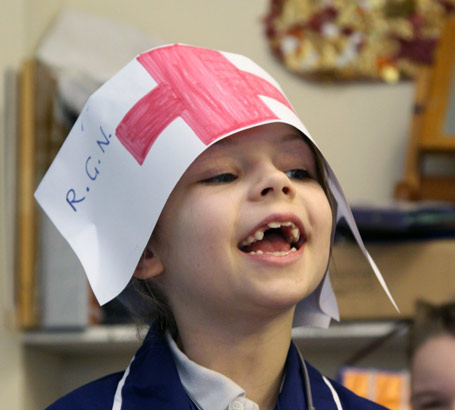
Play-Drama Intervention mirrors the play based learning processes experienced by neuro-typical children. It recognises
however that children with SCLD might well struggle with play
because they are socially challenged.
It is important to work on imagination, exploration of make-believe and narrative. This opens up opportunities to enhance
the triad of competencies of communication, social interaction and creative, flexible thinking.
The originators of Play-Drama Intervention (Sherrat and Peter, 2002) have sought to establish drama firmly within the conventions of play through this system.
The assumption is that if children are challenged in their ability to engage in play and consequent social competence,
then they need more of it not less!
Peter, 2002
At the heart of all drama...is the opportunity for self-other imagining through the processes of role-taking; imagining
oneself as the other; trying to find and finding oneself in the other, and in so doing to recognise the other in oneself.
Neelands, 2002
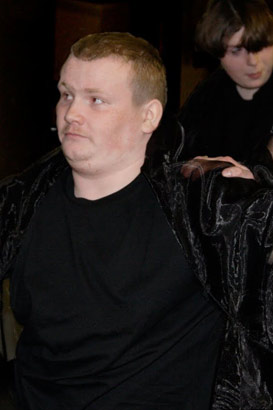
One author assumes that the route to social competence taken by neuro-typical children is through engagement in spontaneous,
generative, pretend play and seeks to recreate these conditions within a drama context (Peter, 2003).
Drama includes storytelling (narrative) and poetry on the grounds that for most of human history, literature (fiction and
poetry) has been narrated not written – heard, not read (Carter, 1991). Poetry also provides an automatic age appropriate
slant for secondary age students (Park, 1999b).
The importance of drama games must not be underestimated, since it provides an excellent route into drama for reluctant visitors.
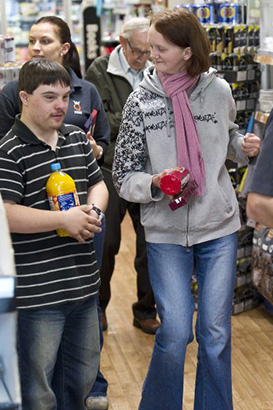
Using playlets, drama, fairy stories and even TV soap storylines for older learners with SLDs
provides pupils with an interactive, participatory medium in which to draw their attention to people's internal states (desires,
beliefs, feelings and intentions (Hinchcliffe 1996, 1999)).
Using techniques common in drama and theatre, eg split briefing and debriefing, Hinchcliffe explores children's understanding
of the inferred states of mind of story protagonists. Through this he finds a rich medium in which children can learn about
their own and other people's psychological states and feelings. It is these areas that the author believes are critical to
social understanding.
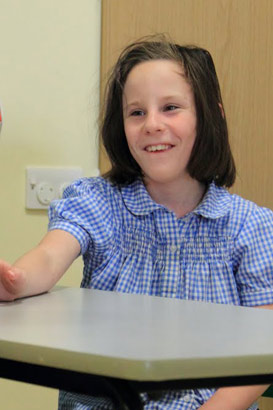
Several works by Nicola Grove and Keith Park (both together and separately), are classics of the form, particularly:
- Odyssey Now (Grove and Park, 1996);
- Macbeth in Mind (Grove and Park, 2001); and
- Dickens for All (Park, 1998c).
Park is a serial writer of articles and books, all of which are accessible and entirely practical (Park 1998, 1998b, 1998c,
1999, 1999b, 2002, 2003, 2006, 2009, 2009b, 2010).
Additional material on drama and the arts in general is due to be published by Equals under the title of Understanding the Arts/Creativity.
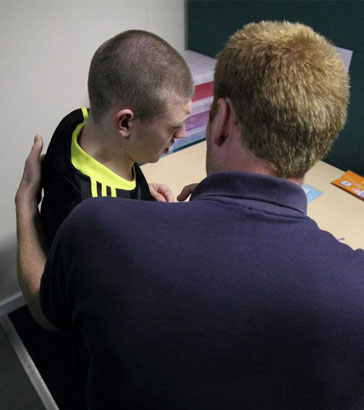
This aims to:
- Provide guidance on the creative arts to classroom teachers and school curriculum managers;
- Create a learning community with best practice schools, via the website and experts in the field; and
- Create a basis for future best practice workshops.
Information can be obtained from the Equals website.

Carter, A. (ed.) (1991) The Virago Book of Fairy Tales, London: Virago Press.
Grove, N. and Park, K. (1996) Odyssey Now, London: David Fulton.
Grove, N. and Park, K. (2000) Developing social cognition through literature for people with learning disabilities: Macbeth
in Mind, London: Jessica Kingsley.
Hinchcliffe, V. (1996) Fairy stories and children's developing theories of mind, International Journal of Early Years
Education, 4 (1), 35-46.

Hinchcliffe, V. (1999) It All Comes Out in the Wash: Using TV 'Soaps' with Pupils with Learning Disabilities, in: Fawkes,
S., Hurrell, S. and Peacey, N. (eds) Using Television and Video to Support Learning, London: David Fulton.
Neelands, J. (2002) 11/09: The space in our hearts, Drama Magazine, 9 (4), 4-10.
Park, K. (1998) Form and function in early communication, The SLD Experience, 21: 2-5.
Park, K. (1998b) Theory of Mind and Drama Games, The SLD Experience, 22: 2-5.

Park, K. (1998c) Dickens for all: Inclusive approaches to literature and communication with people with severe and profound
learning disabilities, British Journal of Special Education, 25 (3) 114-118.
Park, K. (1999) Storytelling with people with sensory impairments and additional difficulties, The SLD Experience,
23: 17-20.
Park, K. (1999b) Riverrun and Pricking Thumbs. The Use of Poetry, The SLD Experience, 25: 11-13.
Park, K. (2003) Shakespeare's 'Twelfth Night' on stage at the Globe Theatre, The SLD Experience, 37: 3-7.

Park, K. (2004) Interactive Storytelling: from the Book of Genesis, British Journal of Special Education, 31 (1),
16-23.
Park, K. (2006) A funny thing happened on the way to the Globe, The SLD Experience, 46: 29-33.
Park, K. (2009) Mother Goose: developing language and communication skills through drama, The SLD Experience, 53:
7-9.
Park, K. (2009b) Bible Stories in Cockney Rhyming Slang, London: Jessica Kingsley.

Park, K. (2010). Interactive storytelling: developing inclusive stories for children and adults, Bicester: Speechmark.
Peter, M. (2002) Play-Drama Intervention: an approach for autism and hard-to-reach children, The SLD Experience,
34: 6-10.
Peter, M. (2003) Drama, narrative and early learning, British Journal of Special Education, 30 (1) 21-27.
Sherrat, D. and Peter, M. (2002) Developing Play and Drama in Children with Autistic Spectrum Disorders, London:
David Fulton.